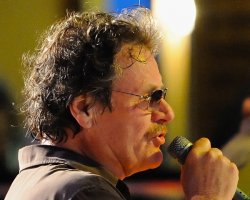Hello... I'm shopping for a DSLR and it has to be good in low light. I take alot of photos of dusk, sunrises, and night shots. I've read Canons are good, but when I read reviews of some models I see "poor in low light" as a Con. I've seen this for the Canon EOS 50D.
Thanks...
Thanks...



